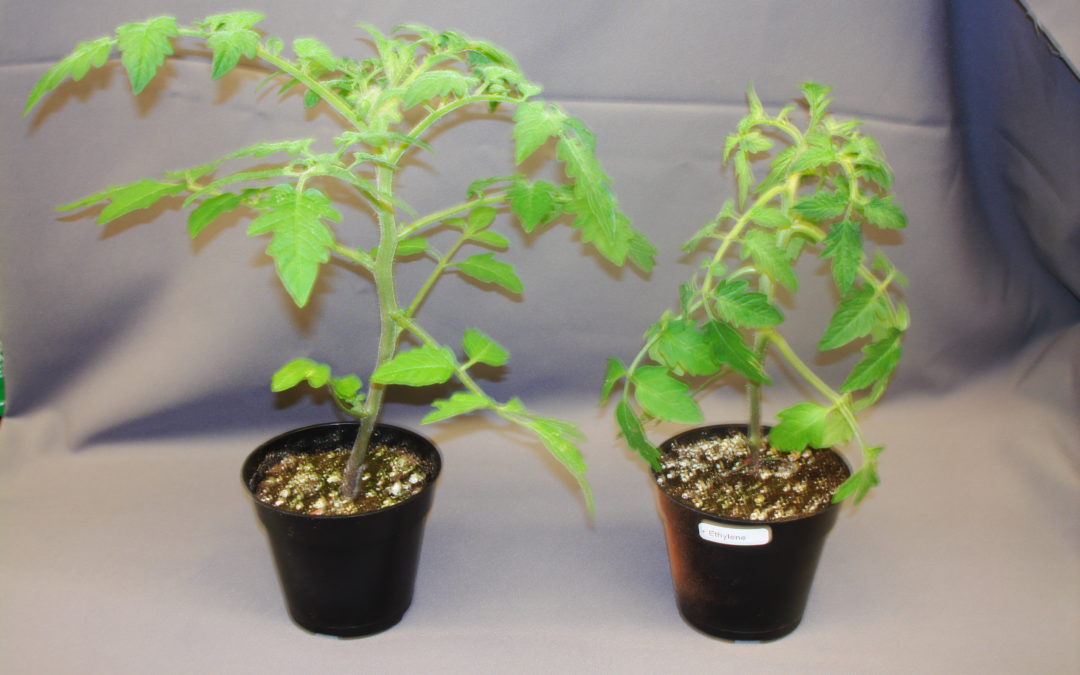In an era where environmental sustainability is more crucial than ever, the shift towards eco-friendly practices in various industries is not just a trend but a necessity. This movement is particularly significant in the world of horticulture, where the choice of plant pots plays a vital role in environmental impact. Focusing on “wholesale pots for plants,” this article explores the various eco-friendly and sustainable options available in the market.
Why Choose Eco-Friendly Wholesale Pots for Plants?
Environmental Benefits: Eco-friendly pots minimize the ecological footprint by using materials that are either biodegradable or made from recycled components. They reduce waste and the use of non-renewable resources.
Long-Term Cost-Effectiveness: Investing in eco-friendly pots could be highly beneficial in the long run, despite the higher initial cost. These pots are designed to last longer and degrade without causing any harm to the environment. As a result, they can effectively reduce waste management and environmental remediation expenses, making them a smart and responsible choice for any eco-conscious individual or business.
Types of Eco-Friendly Plant Pots
Biodegradable Pots: Made from natural materials like coconut husk, peat, or paper pulp, these pots decompose naturally, enriching the soil.
Recycled Material Pots: These pots are made from recycled plastics or other materials, helping reduce waste and dependence on virgin resources.
Innovative Sustainable Materials: Some newer options include pots made from renewable resources like bamboo or rice hulls.
Advantages of Each Type
Biodegradable Pots: Pros – Enhances soil quality upon decomposition. Cons – Less durable than other types. Ideal for seedlings and temporary plantings.
Recycled Material Pots: Pros – Durable and often cost-effective. Cons – Quality and source of recycled materials can vary. Ideal for long-term use and larger plants.
Innovative Materials: Pros – Often combines durability with sustainability. Cons – Can be more expensive. Ideal for both indoor and outdoor use.
Sourcing Sustainable Wholesale Pots for Plants
To find reliable suppliers, research their sustainability practices, and assess the quality and origin of the materials used. Consider certifications and customer reviews for quality assurance.
The Business Case for Eco-Friendly Pots
With increasing consumer awareness, the demand for sustainable products is rising. Businesses adopting eco-friendly pots can tap into this growing market and position themselves as responsible and forward-thinking.
Implementing Sustainability in Your Business
Transitioning to sustainable pots requires planning and investment. Start by introducing a range of eco-friendly options and educate your customers about their benefits. Use your commitment to sustainability as a marketing point.
Conclusion
The shift towards eco-friendly and sustainable options in “wholesale pots for plants” is not just an environmental imperative but also a smart business strategy. By embracing these options, businesses can contribute to a healthier planet while catering to the growing demand for sustainable products.


